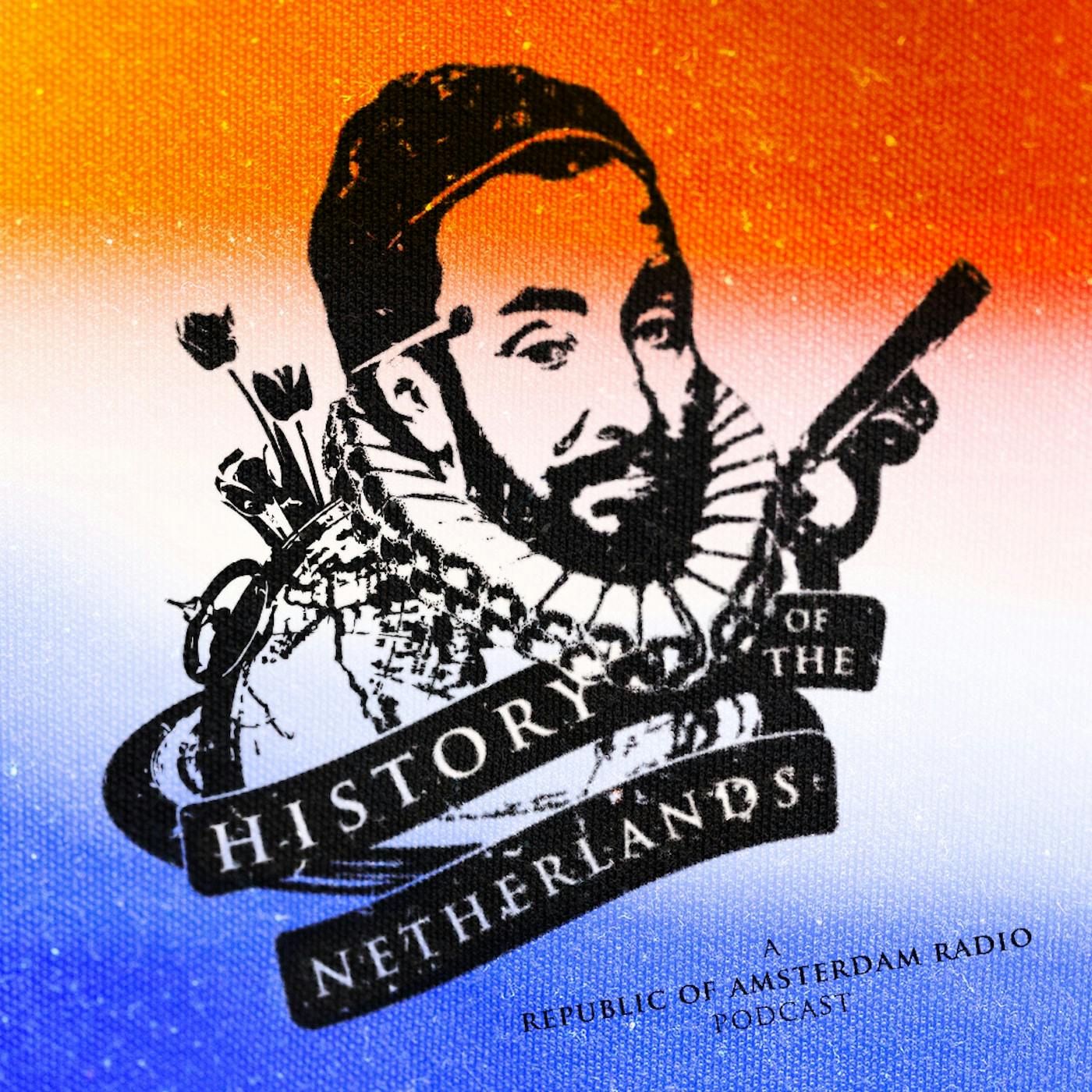The Lion and the Letter-Cutter
Description
In the 1440s a goldsmith from Mainz called Johannes Gutenberg developed a movable type printing press which catalysed the European printing revolution. It heralded a technological leap in communication tools which had far reaching consequences for the societies of the Low Countries, particularly in urban centres where print shops were established. A large market for books already existed in the Low Countries, in no small part because of the existence of Common Life schools and subsequent high rates of general literacy. With the copying and widespread distribution of texts becoming so much quicker and easier, other fields of work began to shift and develop, as different skills and networks were needed to smoothly bring content to the public. In this episode we are going to first take a look at what a 15th century printing workshop might have been like, before meeting some of the pioneers who would pull the printing presses and perfect the processes pertaining to the profitable publication of pamphlets, prayer books and other pre-16th century paper imprinted particularities.
Learn more about your ad choices. Visit podcastchoices.com/adchoices
More Episodes
Published 01/23/24
We meet Simon Gronowski, a 92 year old jazz pianist, lawyer and Holocaust survivor. At the age of eleven, Simon was locked in a cattle wagon with his mother and around 50 other people after a month’s imprisonment at the Dossin Barracks in Mechelen for the crime of being Jewish. The train they had...
Published 12/27/23
We chat with author and academic Christine Kooi, whose book Reformation in the Low Countries 1500-1620 was released last year by Cambridge University Press. As its title suggests the book encompasses a vast and tumultuous period which served to greatly shape the modern nations of Belgium and the...
Published 11/20/23


